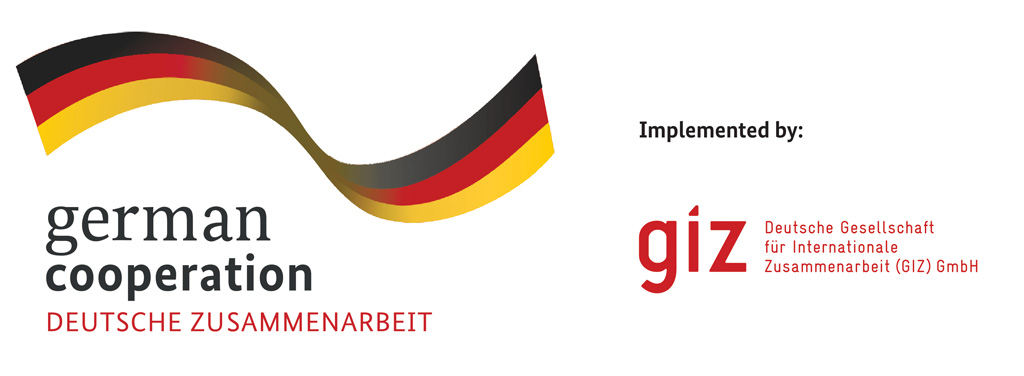On March 7, in Tashkent, a workshop “Ensuring the use and conservation of agrobiodiversity on saline, maginal lands in the Aral Sea basin” was held in a hybrid format within the framework of the Green Central Asia initiative. This event was organised jointly with the Japanese-Uzbek project BLUE SATREPS.
The workshop was attended by representatives of universities in Japan, Germany, Uzbekistan, Kazakhstan, as well as officials of the ministries of the Republic of Uzbekistan.
Experts presented the fundamental principles underlying environmental sustainability and climate change adaptation in agri-food systems, emphasizing the need for efficient use of non-traditional resources. Global research and innovations applied in various countries were highlighted with a focus on increasing fertility, restoring degraded lands, and saving water and energy. Scientists from the Uzbek-Japanese project BLUE SATREPS presented case studies demonstrating how to integrate environmental sustainability and adaptation into modern agricultural processes.
The workshop concluded successfully with the idea of preparing a policy brief to draw attention of decision-makers to new agricultural systems and highlighting the importance of actions for sustainable agriculture.
Photo source: Ministry of Ecology, Environmental Protection and Climate Change of the Republic of Uzbekistan












